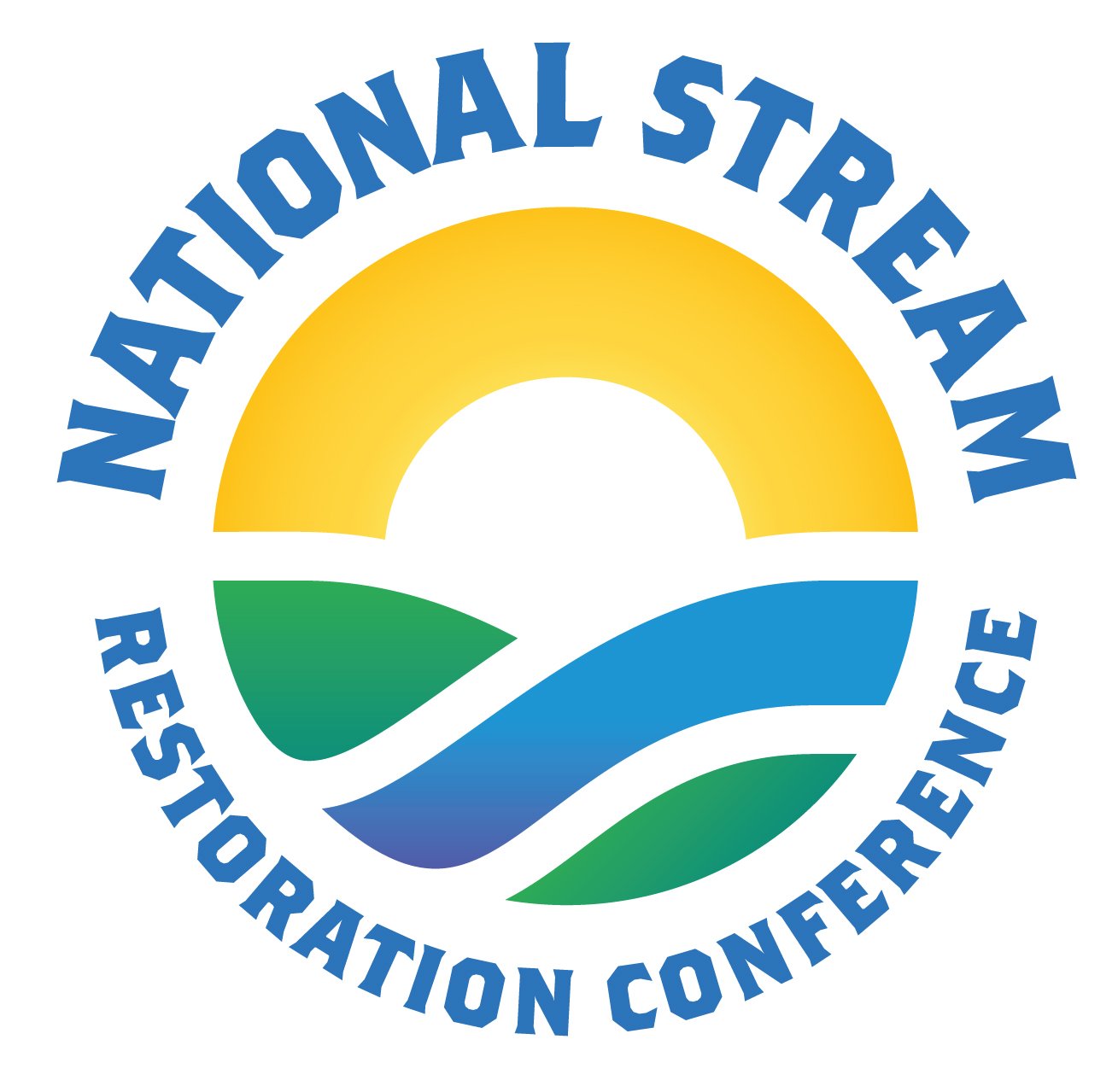What do you see? The Importance of Community Engagement
Eve Brantley, PhD
Auburn University
Auburn, AL
Building community support of more natural approaches to stream improvement often encounters obstacles related to lack of technical knowledge, concerns of costs, and uncertainties of maintenance. An important step in transitioning to stream management approaches that are unfamiliar to a community is listening to stakeholders. Understanding stakeholder concerns and identifying opportunities to involve them in the planning and implementation of projects can be influential in raising awareness of stream projects and increases knowledge of why the projects are needed. Case studies will be used to review lessons learned from a network of partners that have planned, implemented, and evaluated projects. Target audiences of these case studies includes K-12 students, natural resource professionals, and local government representatives. Flexibility in message delivery and building trust are critical to implementing projects that improve restore water resources. Without the correct message and watershed relationships, the ability to transfer technology and radiate projects is difficult and ineffective.
About Eve Brantley, PhD
Eve Brantley is a Professor in the Auburn University, College of Agriculture, Department of Crop, Soil and Environmental Sciences. She serves as the Alabama Cooperative Extension System Water Resources Specialist. Dr. Brantley has worked on watershed planning and implementation that includes programming in stream restoration, stormwater management, water conservation and education at the watershed, river basin, and regional scales. She currently serves as team leader for the Agronomic Crops Extension team and provides support to other teams such as Aquatic Sciences, Animal Sciences and Forages, Home Grounds, and Forestry, Wildlife, and Natural Resources. Eve received a BS from Berry College, MS from Clemson University and PhD in the School of Forestry and Wildlife Sciences at Auburn University.

